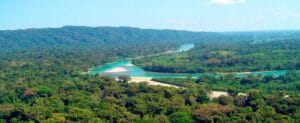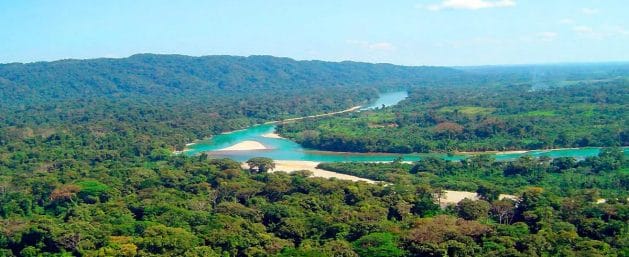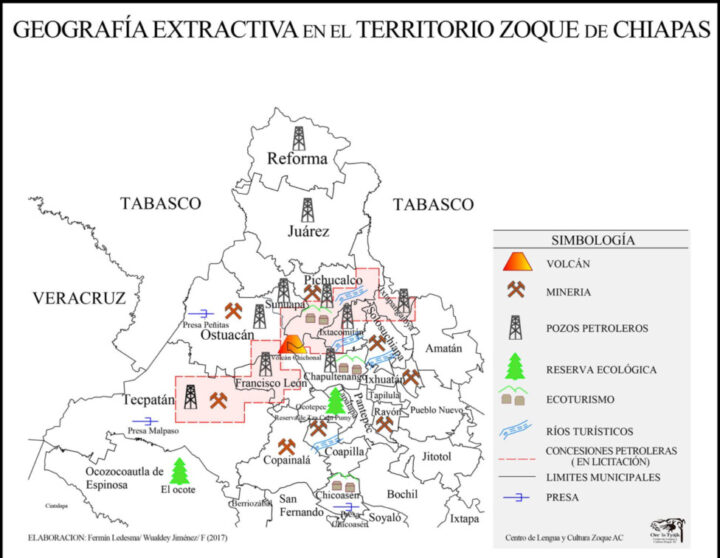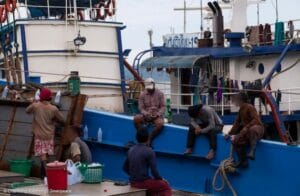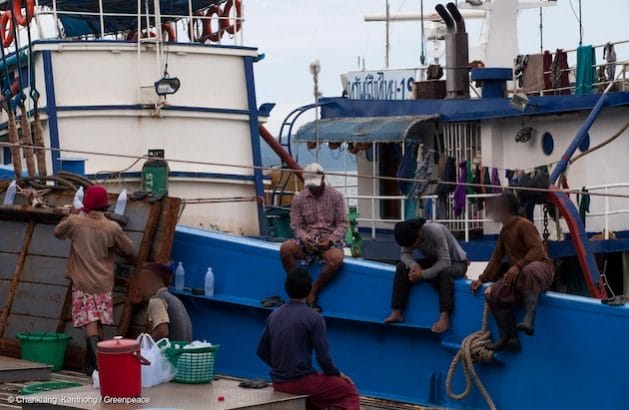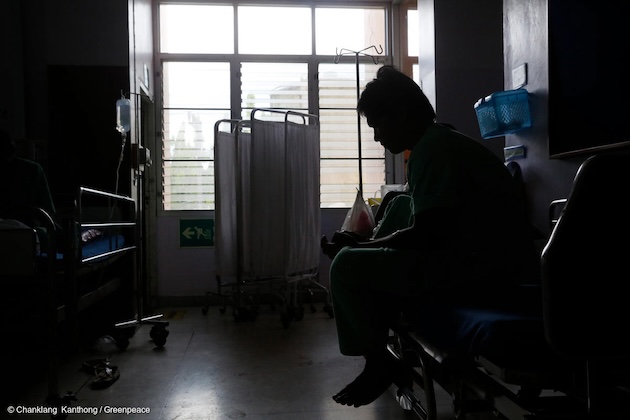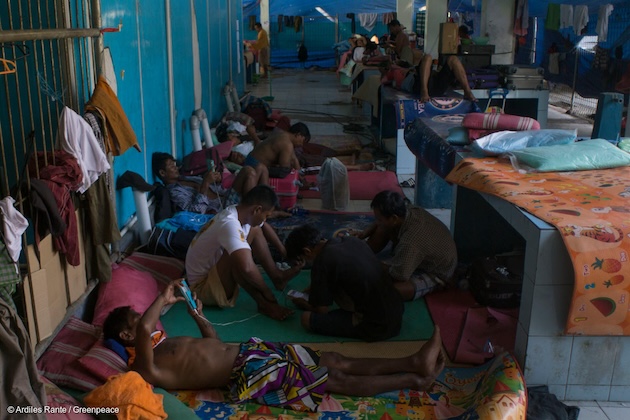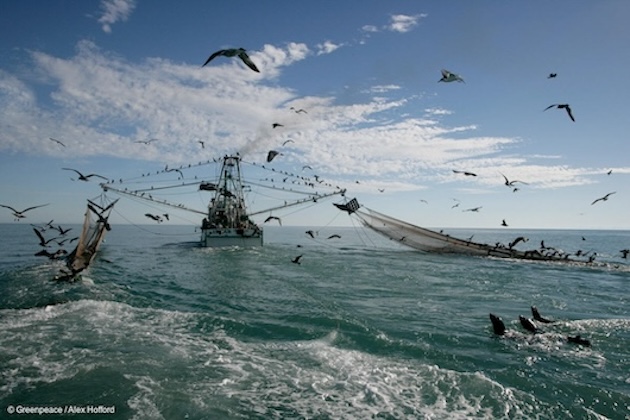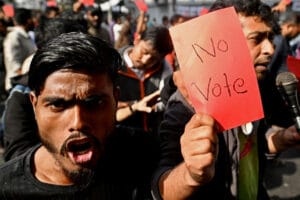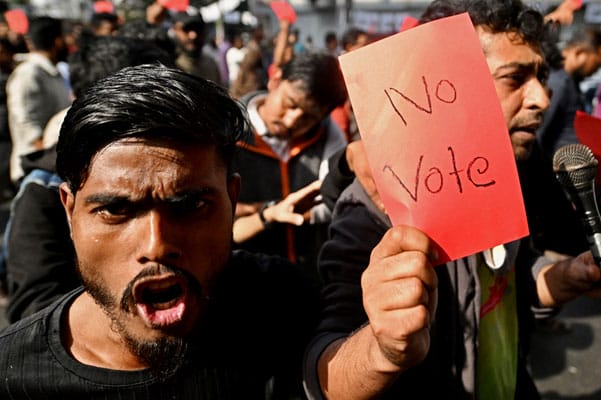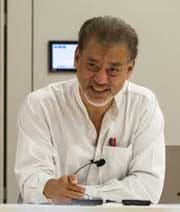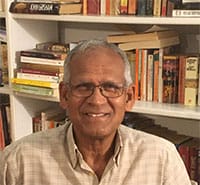
Asia-Pacific, Civil Society, Crime & Justice, Democracy, Economy & Trade, Headlines, TerraViva United Nations
– The parliamentary elections held in Bangladesh on 7 January, 2024, has created much controversy in the country, terming it an “election of the Awami League (AL) government, for the AL government and by the AL government”, by many. Internationally, China and India have congratulated the government for victory and organization of a fair election. But, several western countries have termed it as unsatisfactory. However, irrespective of the diverse views, everyone agrees that it was not participatory elections. Voter turn out was significantly low and it was boycotted by the main opposition Bangladesh National Party (BNP).

Saifullah Syed
Prior to the election, the USA and several western countries indicated that failure to hold fair and free election will have consequences. As a result, Bangladesh’s policy analysts are concerned and discussing the likely implications of the election on the economy and in particular the garment industry.
While international push back are legitimate concerns, what is more worrisome is that Bangladesh may be unwittingly sleep walking to dictatorship under one party rule. Several commentators are suggesting that Sheikh Hasina is becoming an authoritarian ruler from being a champion of democracy and the AL is projecting itself as the sole guarantor of independence, sovereignty and secularism. Everyone else is out there to turn it into a hot bed of Islamic extremism. Such rationales alluding to moral right to rule are perfect ingredients for sleepwalking into dictatorship.
The one-party dictatorships are generally more stable and perverse and the elections legitimizes one party dictatorship by presenting an image of democracy.
History teaches us that one party rule or dictatorship goes against the basic foundation of Bengali values. However, successful moves to stop it can only be launched by understanding why and how it is emerging.
Democracy in Bangladesh
Bangladesh initiated non-party caretaker government (CGT) system for running elections as per demand of the AL in 1991. By all accounts the 1991 election was fair and the CGT worked satisfactorily to hold general elections also in 1996 and 2001. Interestingly, in 1991 the BNP won and in 1996 the AL won and in 2001 the BNP won again.
What went wrong thereafter ? The system ran into difficulties in 2006 due to BNP’s refusal to follow the rules governing the CTG . This led to political crisis of 2006-2008 and brought the military into power. However, a fair election was finally held in 2008 and the AL achieved overwhelming victory. Since then, the AL started getting emboldened and in 2011 it abolished the CTG system. Consequently, BNP launched movement to restore the CTG and started refusing to participate in elections unless it is done. The AL is adamantly refusing to reintroduce CTG, saying it is unconstitutional.
Therefore, it would seem that the core challenge facing our democratic system is two-fold: how to convince AL to introduce the CTG? or how to convince BNP to participate in elections under the ruling government? These challenges may appear easily resolvable through dialogue. Unfortunately, the two parties are mired in deep animosity. For AL, the founder of BNP is linked to the cruel murder of the founder of Bangladesh and his family and the current leader of BNP is accused of master minding the grenade attack on a AL rally on 21 August 2004, killing 24 people and injuring about 200. For the BNP, it has zero trust in AL and considers ditching of the current party leader, Begum Khaleda Zia – with the name Zia, as its existential threat.
Can the civil society or the international community mediate a solution ? Unfortunately, civil society is fragmented along party lines and partly lost its neutrality during the 2006-2008 crisis, when some components stepped into politics. The international community is also divided between the East and the West and a vast majority in the country believes that their call for democracy is motivated by geo-political interests.
Who will blink first ?
Judging from the past, neither is likely to give in under the present leadership. Hence, to save democracy in Bangladesh, everyone concerned needs to come out of hybernation and build a national consensus. BNP leadership must answer for the accusations and face the consequences. Its stalwart leaders should ensure that, instead of slavish subordination. The civil society should shade political color and influence of the ‘funders’, and the international community should accept local dynamics and realities. If all concerned fail to put the country first it will not bode well for democracy in Bangladesh.
The Bengali people will surely rise against one party rule. Success of rebellion will be shaped by the leadership it fosters. Any leadership tainted by criminal accusations and historical misdeeds will fail to obtain broad-based support. People may give the ‘benefit of doubt’ to civil crimes, but may not for criminal crimes, even if portrayed as ‘politically motivated’. Partisan support alone cannot bring down a one party dictatorship. A broad-based national movement is essential. It cannot happen under leadership tainted by criminal accusations. For a democratic Bangladesh, the country needs an opposition led by people who are not and cannot be tainted by criminal accusations and offer AL the moral high ground by default.
The author is a former UN official who was Chief of Policy Assistance Branch for Asia and the Pacific of the United Nations Food and Agriculture Organization of the United Nations (FAO).
IPS UN Bureau

